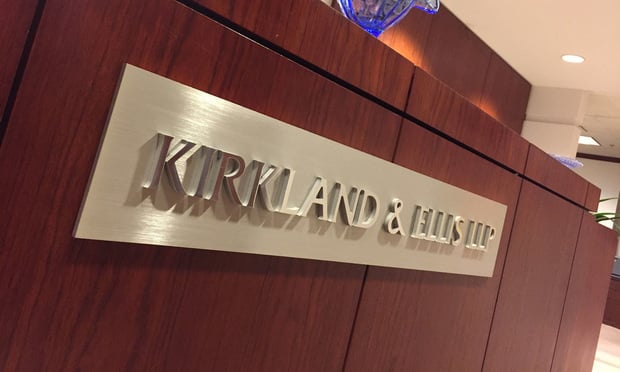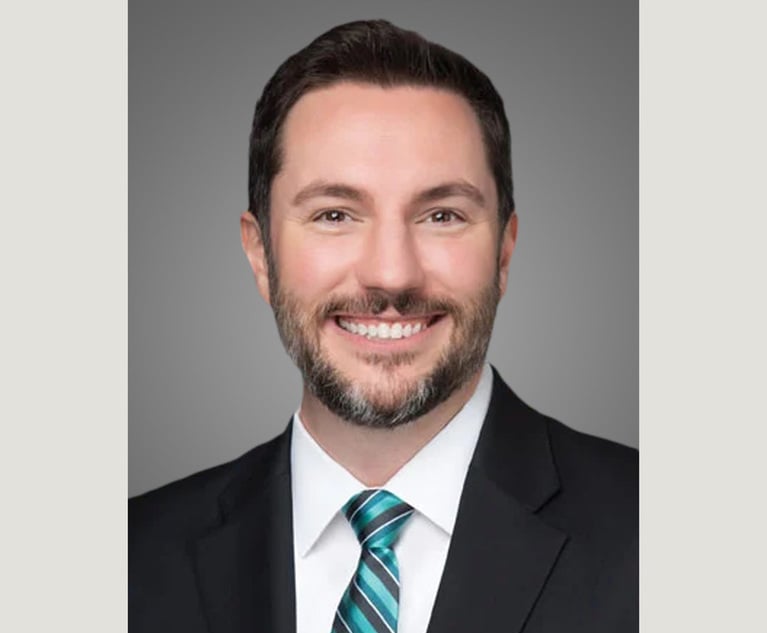Kirkland & Ellis’ resignation from a large debt deal involving multiple firm clients offers a conflicts lesson for firms seeking to rapidly expand client connections in finance and private equity deals.
“This is a real problem in the transactions finance space where there are repeat players and you have ties to each of them,” said Eric Talley, a corporate law and finance professor at Columbia Law School and co-director of the Millstein Center for Global Markets and Corporate Ownership.


 Photo: Diego Radzinschi/ALM
Photo: Diego Radzinschi/ALM








